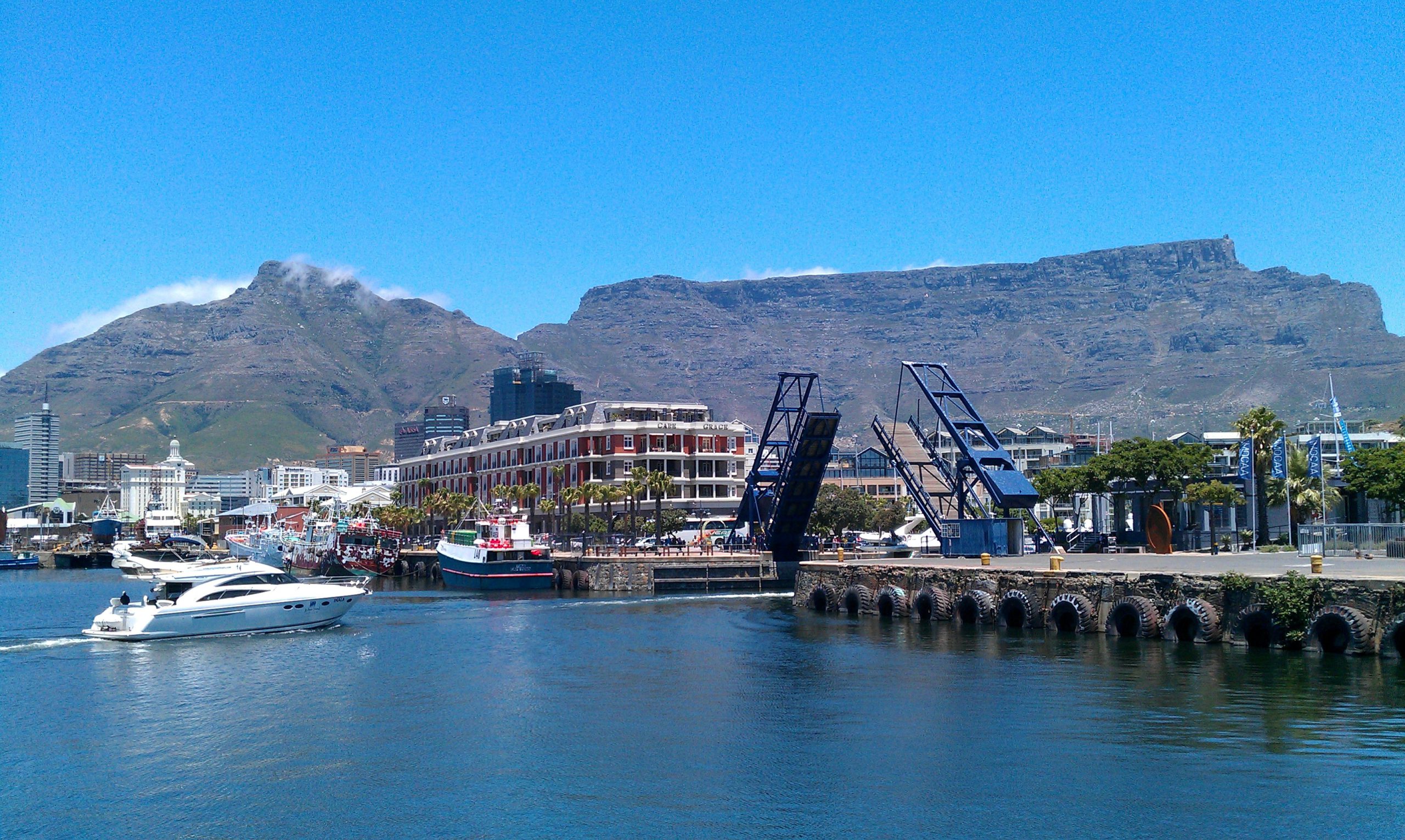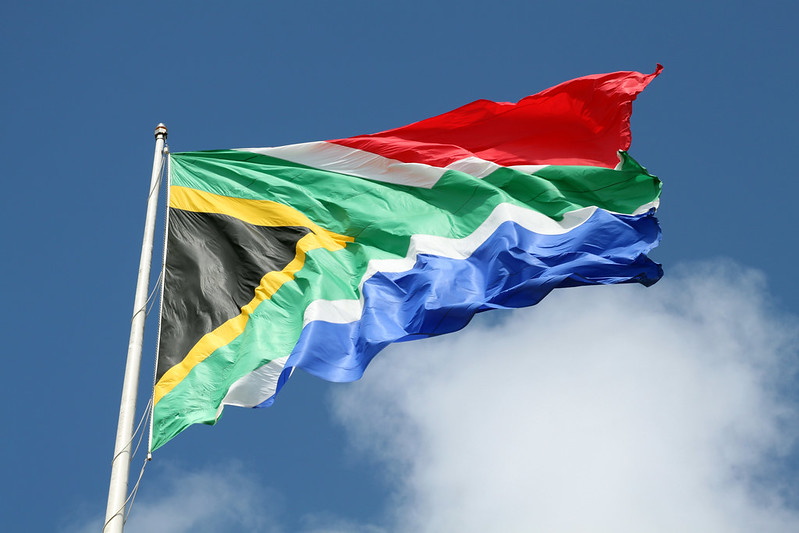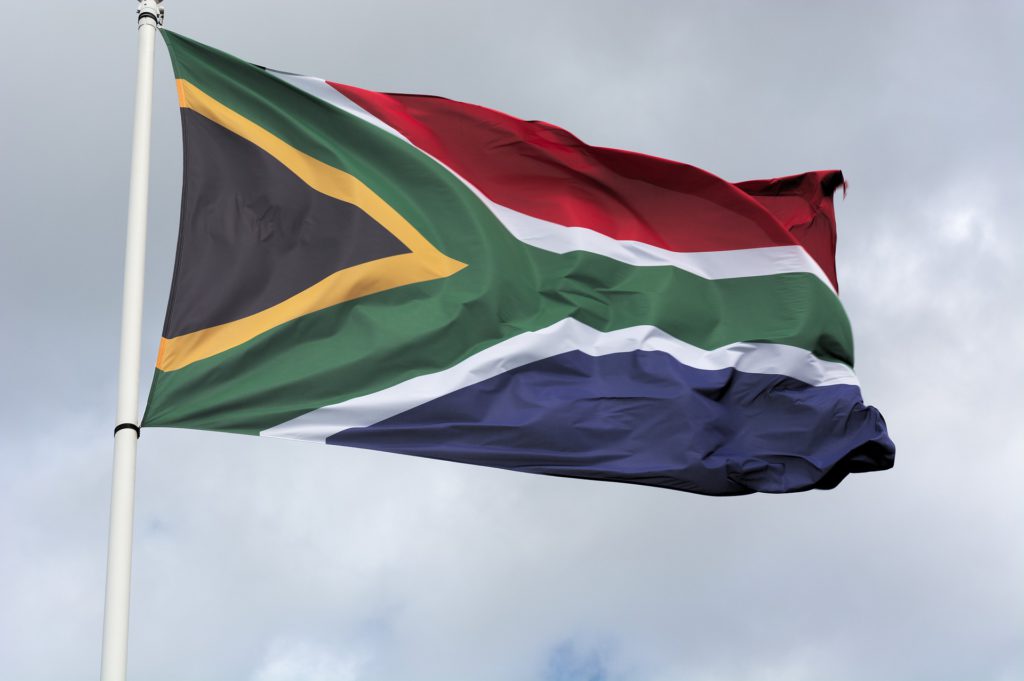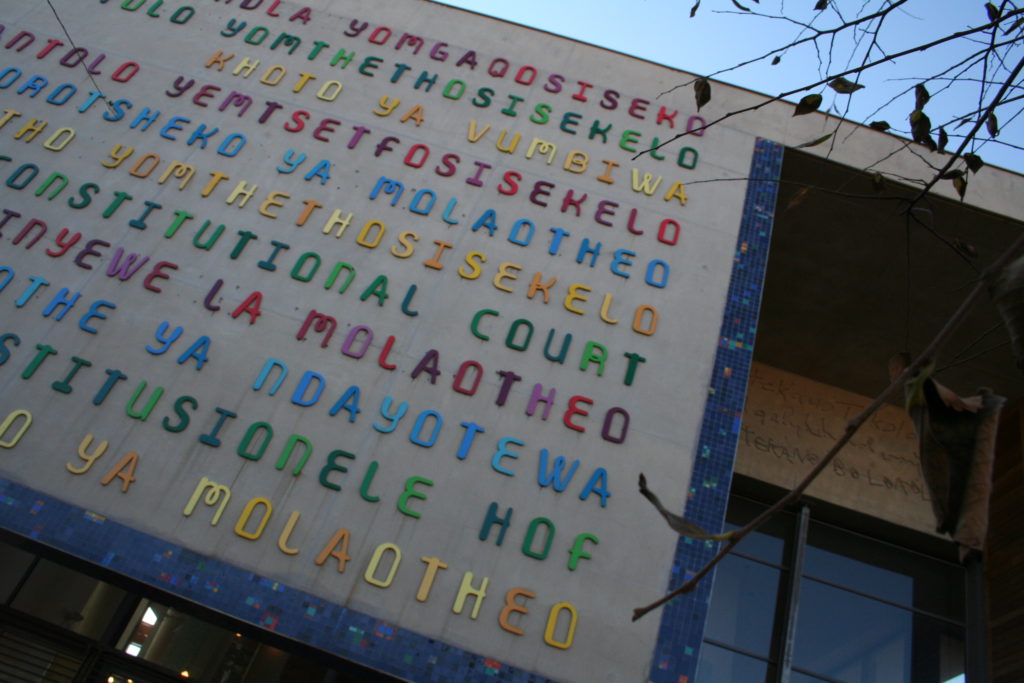There was a time, many years ago, but not before 1994, when South Africa seemed unstoppably on the rise. Hundreds of civil society movements, which had been doing social justice work in communities around the country, together with several labour unions, had coalesced behind the recently unbanned African National Congress to help it win the first democratic elections whose aftermath would herald the advent of the post-apartheid, democratic South Africa. Few doubted that under a national government led by the ANC, a leading liberation movement during apartheid, there would be any reason for anyone to sleep with one eye open, especially with the much-revered Nelson Mandela and other leaders of his era at its head.
Twenty-seven years after, those early years of naïve innocence and careless political insouciance, the wheels have long begun to come off; questions are being asked of South Africa that would have been frowned upon in those early years and soon after. It is a miracle that the ANC, at least a powerful faction of it, remains in power even after it has perennially failed the people of South Africa, particularly the so-called poorest of the poor whose lives depended on this former liberation movement placing attention to their plight ahead of all else. It is unclear if those who still support the failed ANC in 2021 do so out of unquestioned familial habit or misplaced fear – still reported to be prevalent in some quarters – that apartheid would return if they were to vote this erstwhile liberation movement out of office.
It doesn’t help that the only other time when South Africa wasn’t (mis)governed by the ANC it was a truly inhumane place to be for the country’s majority black population. The fear and horrible memories of apartheid seem to make it hard for many to imagine a prosperous, caring, non-racial, non-sexist South Africa without the ANC at its helm. The untreated national Post Traumatic Stress Disorder continues to stand between South Africa’s people and its potential, the tomorrow that remains suppressed, lost because of the country’s yesterday. It is also this untreated PTSD that seems to blind many – who remain in their pitiful socioeconomic state – to the real authors of the country’s contemporary sorry state, the politicians currently lording it over their affairs.
All indications point to the ANC having long run out of new ideas and the political will to change course, drop the soviet era ideologies and vocabulary that underpin its every action, and embrace modernity. In a recent study, Eunomix – a Resilience Advisory firm – predicted that if nothing changes in the way South Africa is politically led and its economy managed, the country will officially become a failed state in just over ten years. Having analysed South Africa from the perspective of 1) Security, 2) Political governance, 3) Economic performance, 4) Social performance, and 5) Environmental performance, the firm’s research found weaknesses that have been allowed to become endemic over the years.
The arrest of former president Jacob Zuma might have been a trigger, but it soon became clear that it played a very small part in the subsequent widespread socially and economically devastating looting spree that engulfed KwaZulu-Natal and Gauteng, leaving dead bodies behind and billions of rands worth of damages to crucial public infrastructure and private property, resulting in lost livelihoods for countless citizens. The real, underlying, socio-economic fissures that had been quietly festering in recent years, thanks to rampant state capture and other forms of corruption that continue unabated, are yet to be addressed with honesty.
For lasting change to happen, something will have to give. But none of this will happen while the ANC continues to benefit from blind electoral support even when its leaders – at least those in the powerful faction around current president Cyril Ramaphosa – continue pretending to listen to expert advice on the needed systemic, structural, political and economic changes while lacking the political will to implement such changes. To have the lasting, needed impact, such changes can also not be left on government alone to implement, as it is no secret that it also lacks both the fiscal capacity and skills capacity to do so on its own. To heal sustainably, South Africa needs all hands on deck; the multicoloured national deck; not the ANC’s deck.

Solly Moeng is the founder of DonValley Reputation Managers and convenor at Africa Brand Summit.











